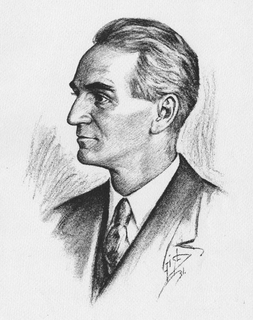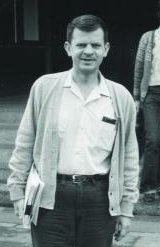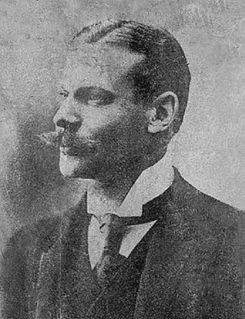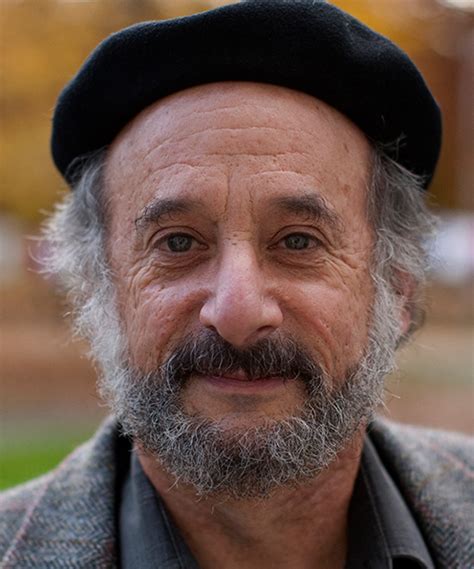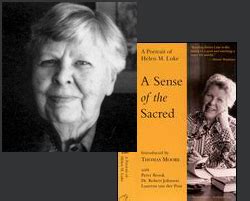A Quote by David Hilbert
The art of doing mathematics consists in finding that special case which contains all the germs of generality.
Related Quotes
To criticize mathematics for its abstraction is to miss the point entirely. Abstraction is what makes mathematics work. If you concentrate too closely on too limited an application of a mathematical idea, you rob the mathematician of his most important tools: analogy, generality, and simplicity. Mathematics is the ultimate in technology transfer.
You have this world of mathematics, which is very real and which contains all kinds of wonderful stuff. And then we also have the world of nature, which is real, too. And that, by some miracle, the language that nature speaks is the same language that we invented for mathematics. That's just an amazing piece of luck, which we don't understand.
Like a stool which needs three legs to be stable, mathematics education needs three components: good problems, with many of them being multi-step ones, a lot of technical skill, and then a broader view which contains the abstract nature of mathematics and proofs. One does not get all of these at once, but a good mathematics program has them as goals and makes incremental steps toward them at all levels.
There is a striking parallel between the spreading of germs and the spreading of ideas or propaganda. On the one hand we are dealing with a virus which can be transported and transmitted under certain conditions which favor or limit its transportation or transmission: on the other hand with ideas, religions, and doctrines, which can be described as germs, benevolent or malevolent, according to the point of view one takes up. These germs can either remain at their source and be sterile, or emerge in the spreading of infection.
As we speak of poetical beauty, so ought we to speak of mathematical beauty and medical beauty. But we do not do so; and that reason is that we know well what is the object of mathematics, and that it consists in proofs, and what is the object of medicine, and that it consists in healing. But we do not know in what grace consists, which is the object of poetry.
It is often said that ‘the germ of all Stalinism was in Bolshevism at its beginning’. Well, I have no objection. Only, Bolshevism also contained many other germs – a mass of other germs – and those who lived through the enthusiasm of the first years of the first victorious socialist revolution ought not to forget it. To judge the living man by the death germs which the autopsy reveals in the corpse – and which he may have carried in him since his birth – is that very sensible?
Pure mathematics consists entirely of assertions to the effect that, if such and such a proposition is true of anything, then suchand such another proposition is true of that thing.... Thus mathematics may be defined as the subject in which we never know what we are talking about, nor whether what we are saying is true.




